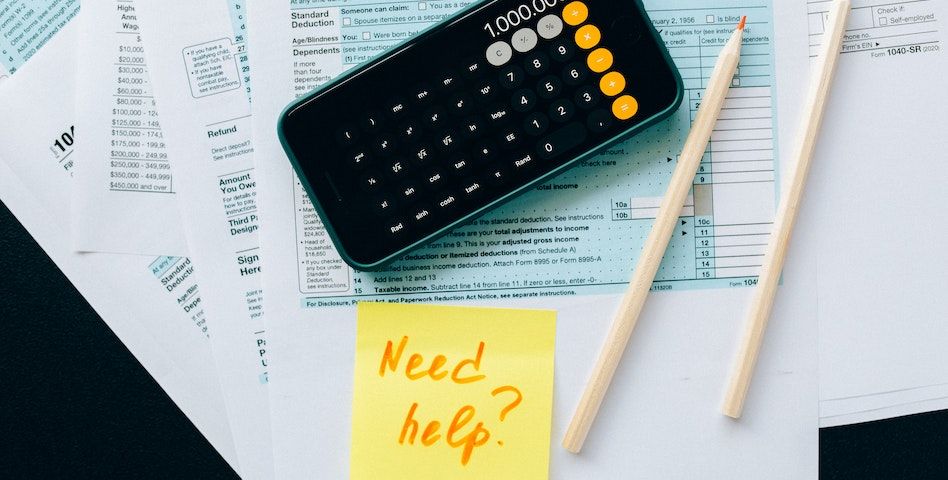How To Manage Finances While Working?
This blog will provide tips on how to effectively manage finances while working and how taxes play an important role in managing finances.

Managing finances is an essential aspect of adult life, especially for those who are employed. Financial stability is a crucial aspect of living a stress-free life and ensuring a secure future. This blog will provide tips on how to effectively manage finances while working and how taxes play an important role in managing finances.

Create A Budget
The first step towards effective financial management is creating a budget. A budget allows you to keep track of your income and expenses and helps you to understand how much money you have available for spending and saving. You can use tools like Excel or budgeting apps to create your budget!
Track Expenses
Once you have framed a budget, it is necessary to track your expenses and expenditure. This will help you identify areas where you can cut down on your spending and allocate more money towards savings.
Automate Savings
Automating your savings is a great way to ensure that you are setting aside money each month. You can set up automatic transfers from your checking account to your savings account, which will help you save money without even thinking about it.

Reduce Debt
Debt can quickly get out of hand, making it difficult to manage finances. To reduce debt, prioritize paying off high-interest debt first, such as credit card debt, and then work on paying off other debts. Consider negotiating lower interest rates with your creditors or consolidating your debt to make payments more manageable.
Invest In The Stock Market
Making investments in the stock market is a fantastic way to grow your wealth with the passage of time. Consider investing a portion of your income into a diversified portfolio of stocks to benefit from long-term growth.
Save For Emergencies
Emergency situations can pop up at any time, and it is important to be prepared. Consider setting aside 3-6 months' worth of living expenses in an emergency fund to help you weather financial storms.
Being a Responsible Taxpayer
One of the most important aspects of managing finances is being a responsible taxpayer. As a responsible citizen, it is your duty to pay taxes to the government, which helps fund public services and infrastructure. Here are some tips for being a responsible taxpayer:

File Taxes On Time
Make sure to file your taxes by the deadline each year to avoid late fees and penalties.
Keep Accurate Records
Keeping accurate records of your income and expenses is essential for filing taxes. Make sure to keep receipts, invoices, and other documentation of your financial transactions.
Hire A Professional
If you are unsure about how to file taxes, consider hiring a professional tax preparer. They will be able to help you maximize your tax benefits and ensure that you are filing your taxes correctly.
Taxes And Savings

Taxes and savings are interrelated and understanding their relationship is important for managing finances effectively. Taxes can impact your savings in several ways:
- Tax-deferred savings: Tax-deferred savings accounts allow you to save for retirement while deferring taxes on the interest earned until you withdraw the money. Check for the possibilities and see if it works.
- Tax credits: Tax credits, such as the saver's credit, can help you save money by reducing your tax liability.
- Tax deductions: Tax deductions, such as mortgage interest, can also help you save money by reducing your taxable income.
Conclusion
In conclusion, managing finances from personal, home, and family perspectives along with working requires discipline, planning, and consistency. By following the tips outlined in this blog, you can take control of your finances, save money, and ensure a secure future. Remember to be a responsible taxpayer and understand the relationship between taxes and savings to make the most of your financial resources.